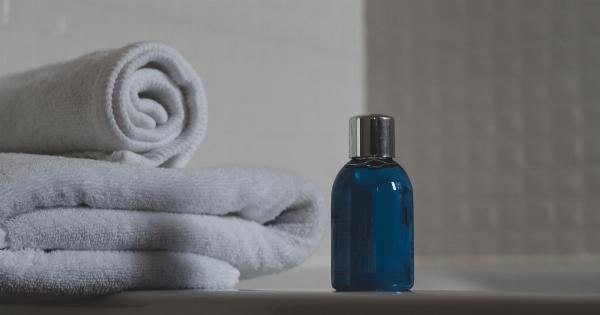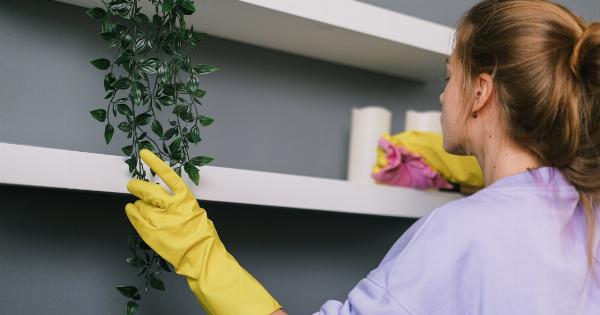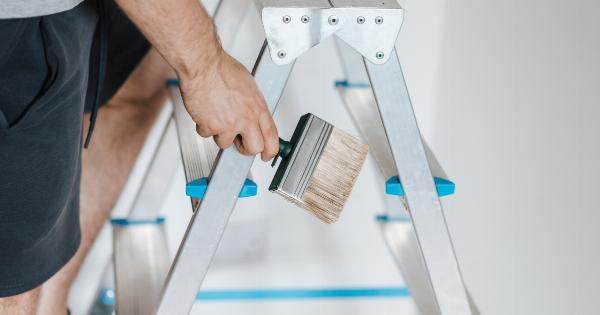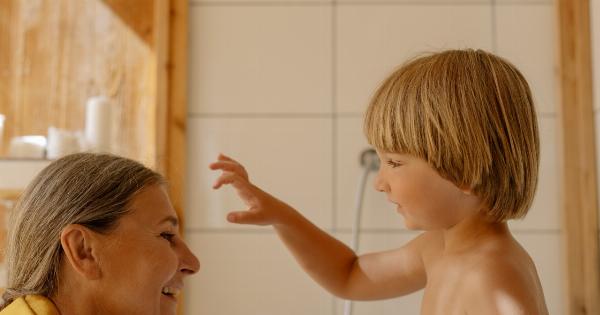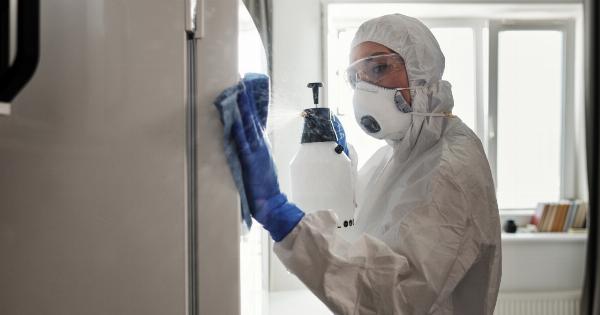Personal hygiene plays a crucial role in keeping ourselves healthy and preventing the spread of germs and diseases. Proper hygiene practices, such as regular handwashing and maintaining a clean environment, are essential for our overall well-being.
While sharing is usually encouraged, there are certain personal items that should never be shared due to the potential risk of transmitting infections or compromising our hygiene standards. In this article, we will discuss six things you should never share to maintain good personal hygiene.
1. Toothbrush
Your toothbrush is an essential tool in your oral hygiene routine, but it is a strictly personal item. Sharing toothbrushes can lead to the transfer of bacteria and viruses, increasing the risk of dental problems and infections.
Additionally, everyone has a different brushing style and intensity, leading to bristle wear and ineffective cleaning if a toothbrush is shared. Therefore, make sure to keep your toothbrush strictly for personal use and replace it every three to four months or sooner if it shows signs of wear.
2. Razors
Sharing razors, whether for shaving facial hair or other body areas, is a big no-no. Razors can easily transmit blood-borne pathogens such as hepatitis B and C, as well as bacteria that cause skin infections.
Each individual’s skin is unique, and sharing razors can lead to irritation, razor burn, or cuts, increasing the risk of infections. It is crucial to use disposable razors or have separate ones for personal use to maintain proper hygiene.
3. Towels
Towels are commonly used for drying off after bathing or washing hands. However, sharing towels can promote the transfer of bacteria and fungi, especially in environments where moisture is present.
Towels provide an ideal breeding ground for microorganisms to thrive. It is always best to have individual towels for each family member to minimize the risk of infections and maintain personal hygiene standards. Regular washing of towels in hot water and using a disinfectant can also help eliminate germs effectively.
4. Makeup and Cosmetics
Makeup products, such as lipstick, mascara, eyeliners, and brushes, should never be shared.
These items come into contact with various parts of our face, including the eyes, nose, and mouth, creating a high risk of spreading bacteria, viruses, and even eye infections. Sharing makeup can lead to the transmission of conjunctivitis, cold sores, or other skin infections.
It is crucial to use your own personal makeup products and regularly clean your brushes and applicators to prevent any potential risks to your personal hygiene.
5. Deodorant
While it might seem harmless to share deodorant with a friend or family member, it can lead to the transfer of bacteria and fungi.
Deodorant sticks can become contaminated by contact with the skin and can spread harmful microorganisms when shared among individuals. Furthermore, sharing deodorant can compromise its effectiveness, as it may not provide adequate coverage or protection. It is important to keep your deodorant strictly for personal use to maintain good hygiene and reduce the risk of infections.
6. Nail Care Items
Nail care items, including nail clippers, filers, and cuticle scissors, should never be shared. Our nails and the surrounding skin can harbor bacteria and fungi, including those causing nail infections or fungal growth.
Sharing these items can lead to the spread of infections, such as nail fungus or warts. It is essential to have your own set of nail care tools and ensure they are properly cleaned and sanitized after each use to maintain optimal personal hygiene.
Conclusion
Your personal hygiene practices are vital for your overall health and well-being. While sharing is a virtue, certain personal items should always remain private to prevent the transmission of bacteria, viruses, and infections.
Remember, always use your own toothbrush, razors, towels, makeup, deodorant, and nail care items to maintain good personal hygiene. By following these simple practices, you can ensure a healthier and safer lifestyle.















